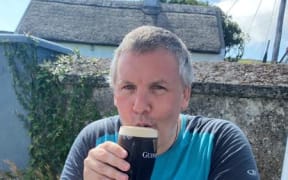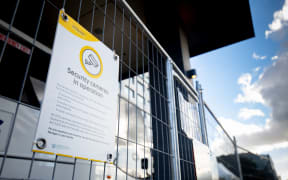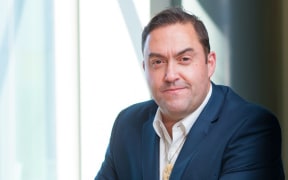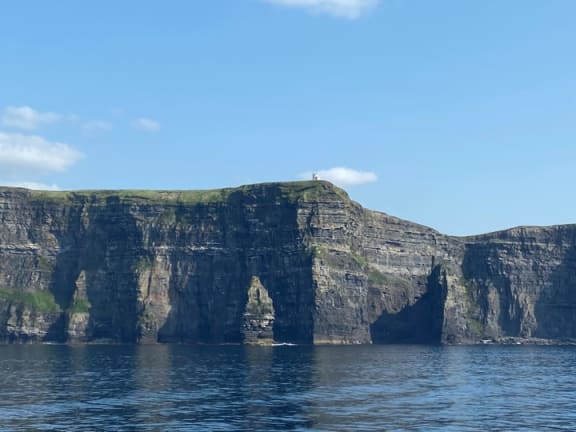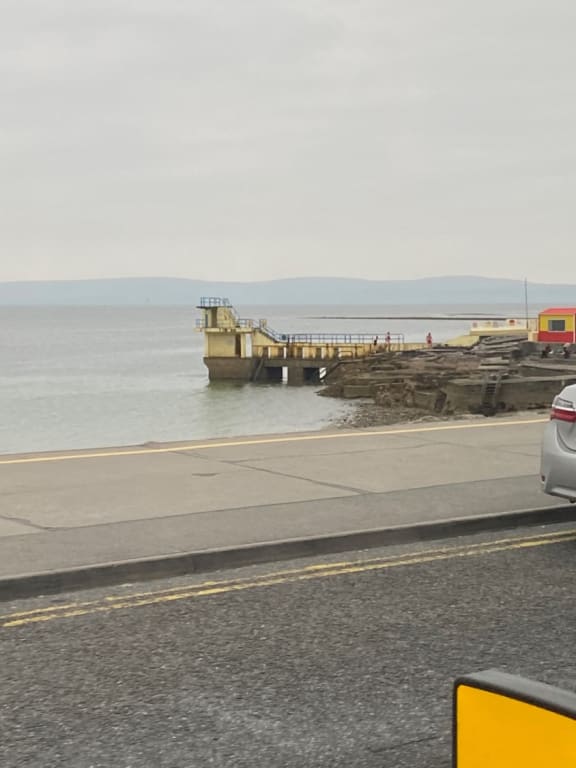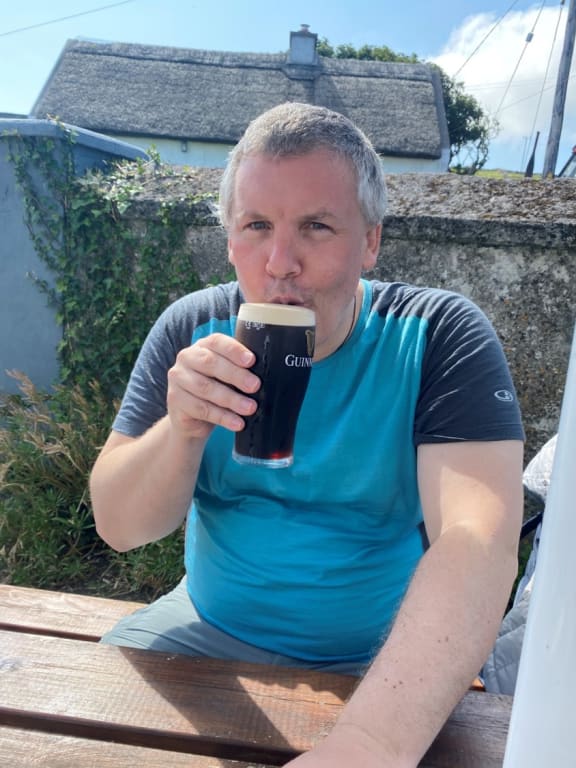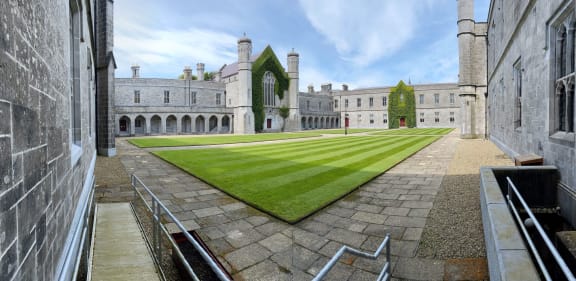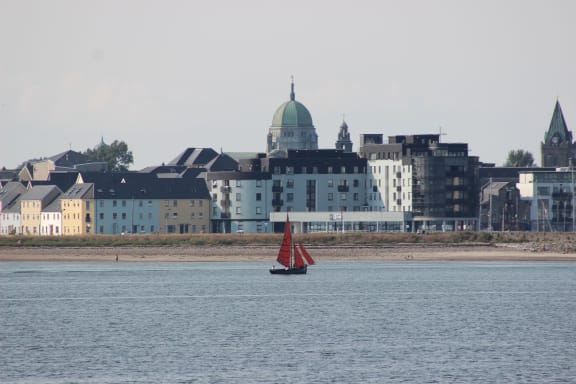Sunday Morning for Sunday 3 October 2021
8:11 Calling Home: Peter Croot in Galway
Dunedinite Professor Peter Croot has seen a fair bit of both land and sea during his time as an internationally-respected chemical oceanographer, having lived and worked in the USA, Sweden, Germany, the Netherlands and England before arriving in Galway in 2012.
Along with traversing lots of different terra firma, Professor Croot has continued to explore the world's oceans since his early days as a PhD student at the University of Otago, where he remembers battling seasickness aboard the university's research vessel as it charged through morning swells at Taiaroa Head.
He's been doing research in the Greenland and Norwegian seas and the Indian Ocean of late, and his previous work has taken him to the oxygen minimum zones of the Pacific and Atlantic and the Antarctic.
8:39 The Weekend Panel with Lavina Good and Chris Finlayson
This weekend Lavina Good and Chris Finlayson join Jim to discuss the New Zealanders trapped aboard as the MIQ booking system continues to thwart Kiwis trying to get home, vaccine passports - the Aotearoa/New Zealand debate, local councils' opposition to proposed Three Waters reform, and James Bond's smartphone.
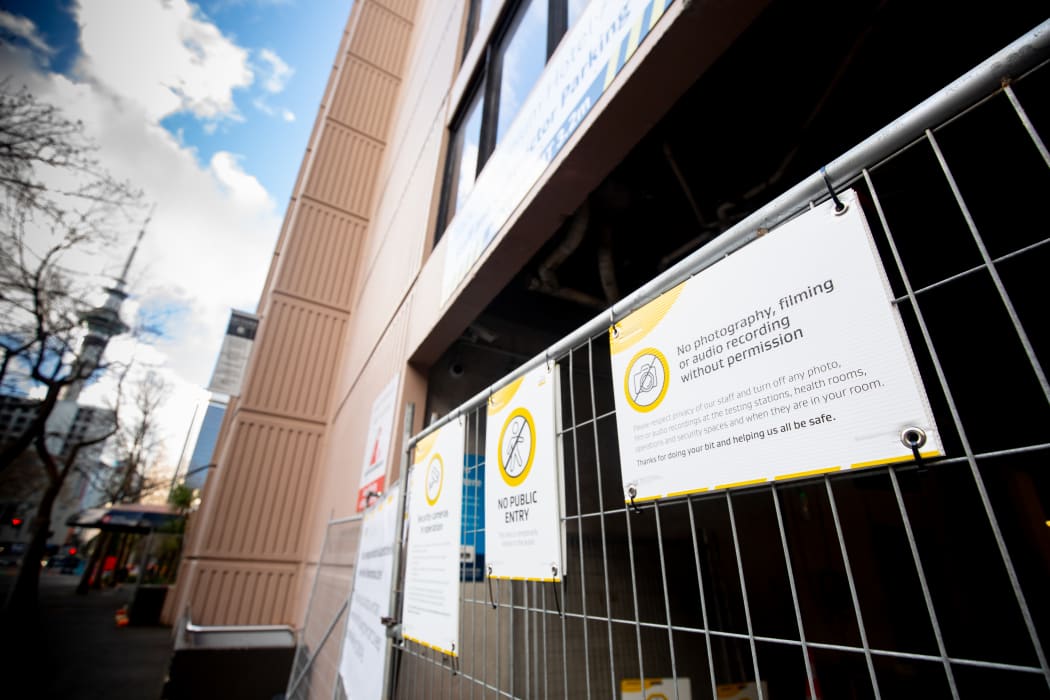
Photo: RNZ / Marika Khabazi
9:06 Mediawatch
This week Colin Peacock looks at how dozens of new jobs for journalists are being paid for from the public purse - and the fast-food frenzy in the media going stale.
But first - political plans promising free travel by Christmas that made headlines this week.

Photo: RNZ / Samuel Rillstone
9:37 Strength training can help you lose weight too
It's drilled into many of us that to shift kilograms, you need to start pounding the pavement.
However, a new study out of Australia reports you can lose a percentage of body fat through strength training alone that is similar to weight loss through cardio or aerobics.
New Zealander Dr Mandy Hagstrom, an exercise physiologist and senior lecturer at UNSW Medicine & Health, is the senior author of the study, which was published in Sports Medicine. She's with us to explain the research and how strength conditioning can be used for weight loss.
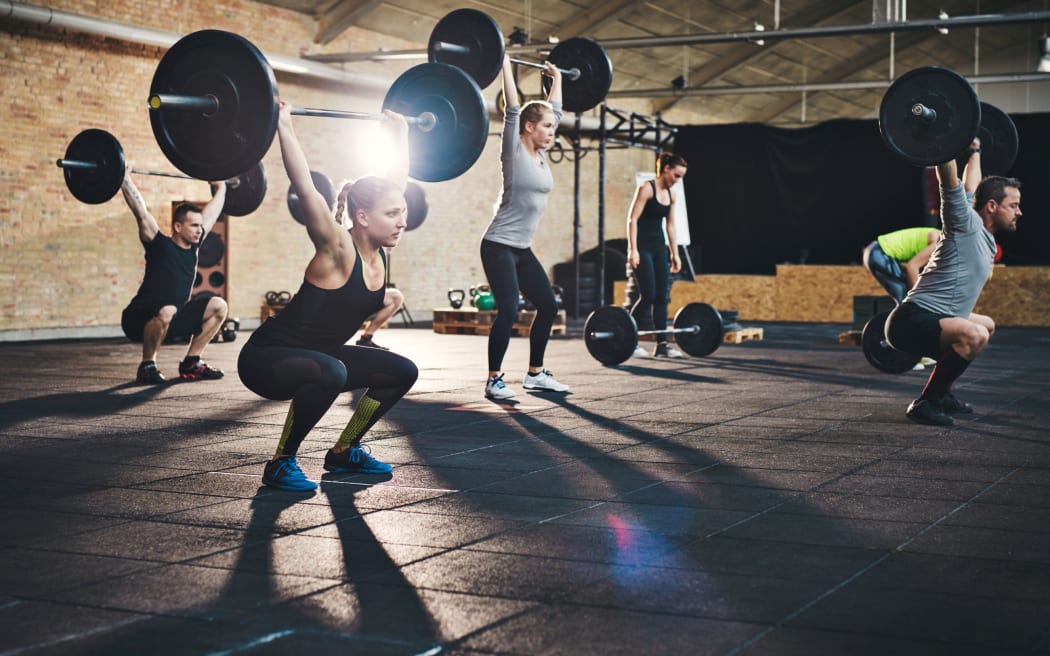
Photo: 123rf
9:48 Covid-19 update with Professor Michael Baker
Tomorrow's the big day for Auckland, with the Government set to make an announcement on the region's alert level after six weeks of Level 4 and 3 lockdown for the City of Sails. The rest of the country is at Level 2.
Epidemiologist Michael Baker says it'll be hard to shift Auckland down alert levels with the situation still not under control in New Zealand's biggest city. He joins the show for a Covid-19 update and a prediction of what we might hear from Prime Minister Jacinda Ardern and the Director-General of Health, Dr Ashley Bloomfield, at tomorrow's briefing.
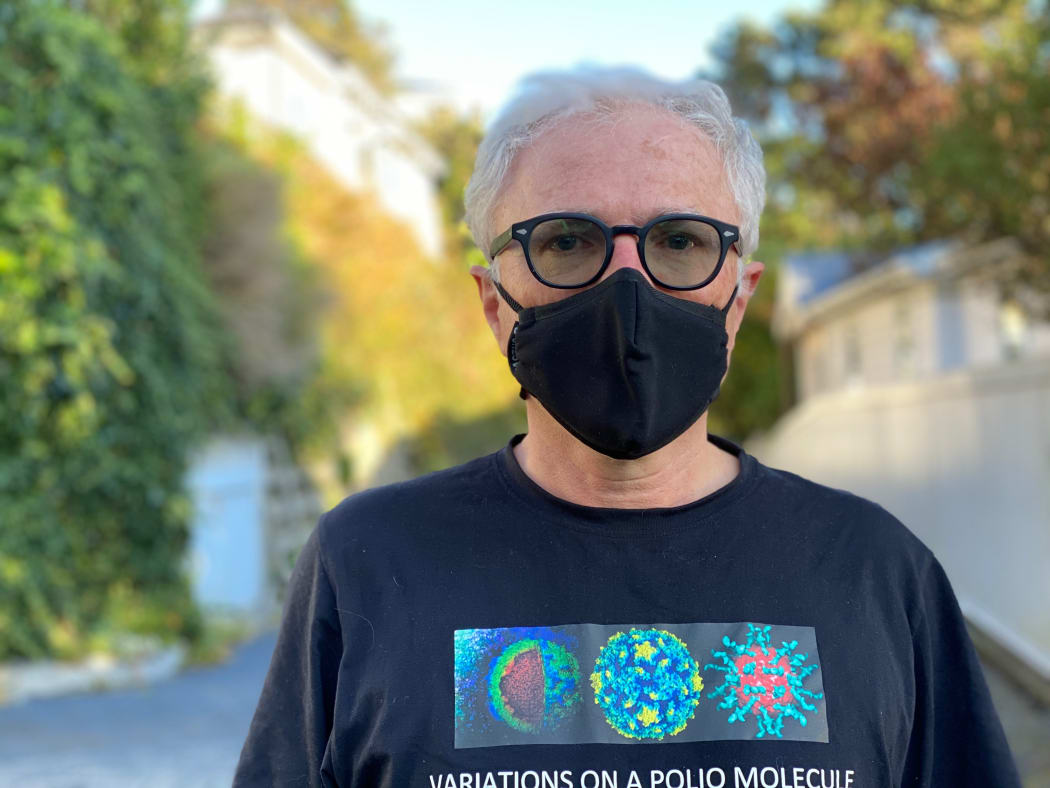
Professor Michael Baker Photo: Supplied
10:04 Evan Osnos: 'Greed has always been part of America's formula'
When Pulitzer Prize-winning journalist Evan Osnos was living away from the United States for a decade, he often found himself making a case for his home country, despite the grave mistakes it had made throughout history.
But when he returned to the US, he found a divided nation that was driven by rage and fear.
In his new book, Wildland: The Making of America's Fury, Osnos goes in search of an explanation.
Travelling to three places in which he has lived: Greenwich, Connecticut; Chicago; Clarksburg, West Virginia, Osnos follows the lives of ordinary individuals as they navigate the varied landscapes of twenty-first-century America.
Osnos joins the show to discuss Wildland and the tinderbox that has been American politics over the last two decades.
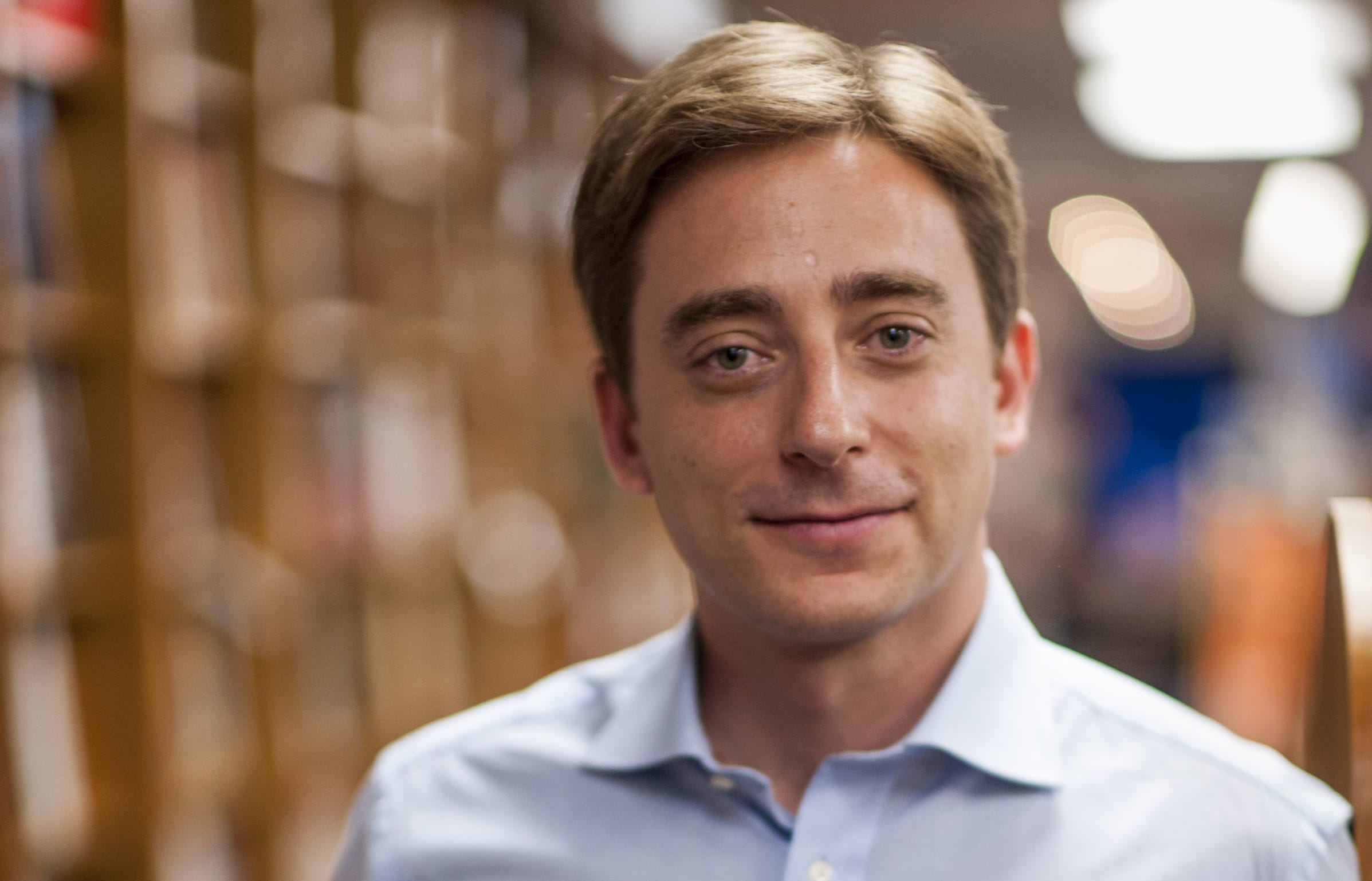
Photo: Pete Marovich Images
10:45 Working from home blurring the boundaries for some
The Covid-19 lockdowns have seen a global shift in how we work, with millions adjusting to working from home. But what does that mean for our working habits?
An international study from Microsoft suggests people are working longer, but not necessarily harder, while local research by AUT Professor of Human Resource Management, Jarrod Haar, suggests most people's workload has stayed about the same.
However, some are working more than the expected eight hours, and others are milking the opportunity to partake in a spot of good old-fashioned loafing.
Professor Haar joins the show to discuss his findings and what Covid has done to the workday.
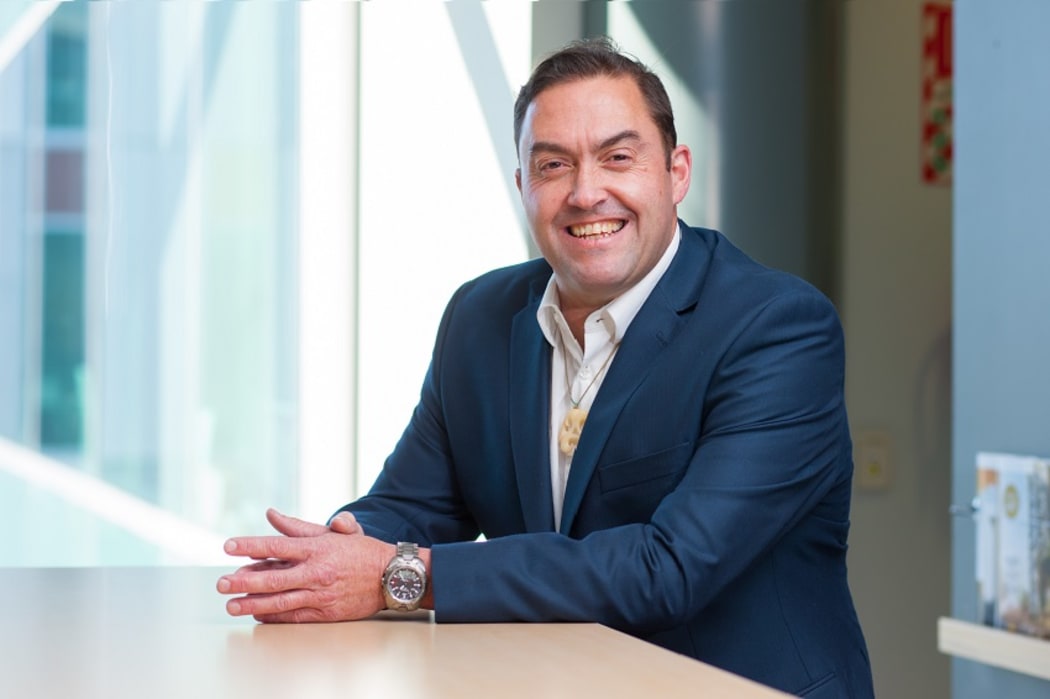
Jarrod Haar Photo: AUT
11:05 Food with Allyson Gofton: spoiled milk
How often have you picked up a bottle of milk and realised -- after a quick sniff test -- it's funkier than it should be? We've all been there. But you might want to think twice before discarding milk, or other products, just because the suggested best before date has elapsed.
Indeed, there are plenty of different ways you can turn your expired milk into liquid gold.
Cook book author and former Food in a Minute host Allyson Gofton looks at different ways to salvage foods that are nearing an end, and offers up a recipe for Irish soda bread using that spoiled milk you were going to throw out.
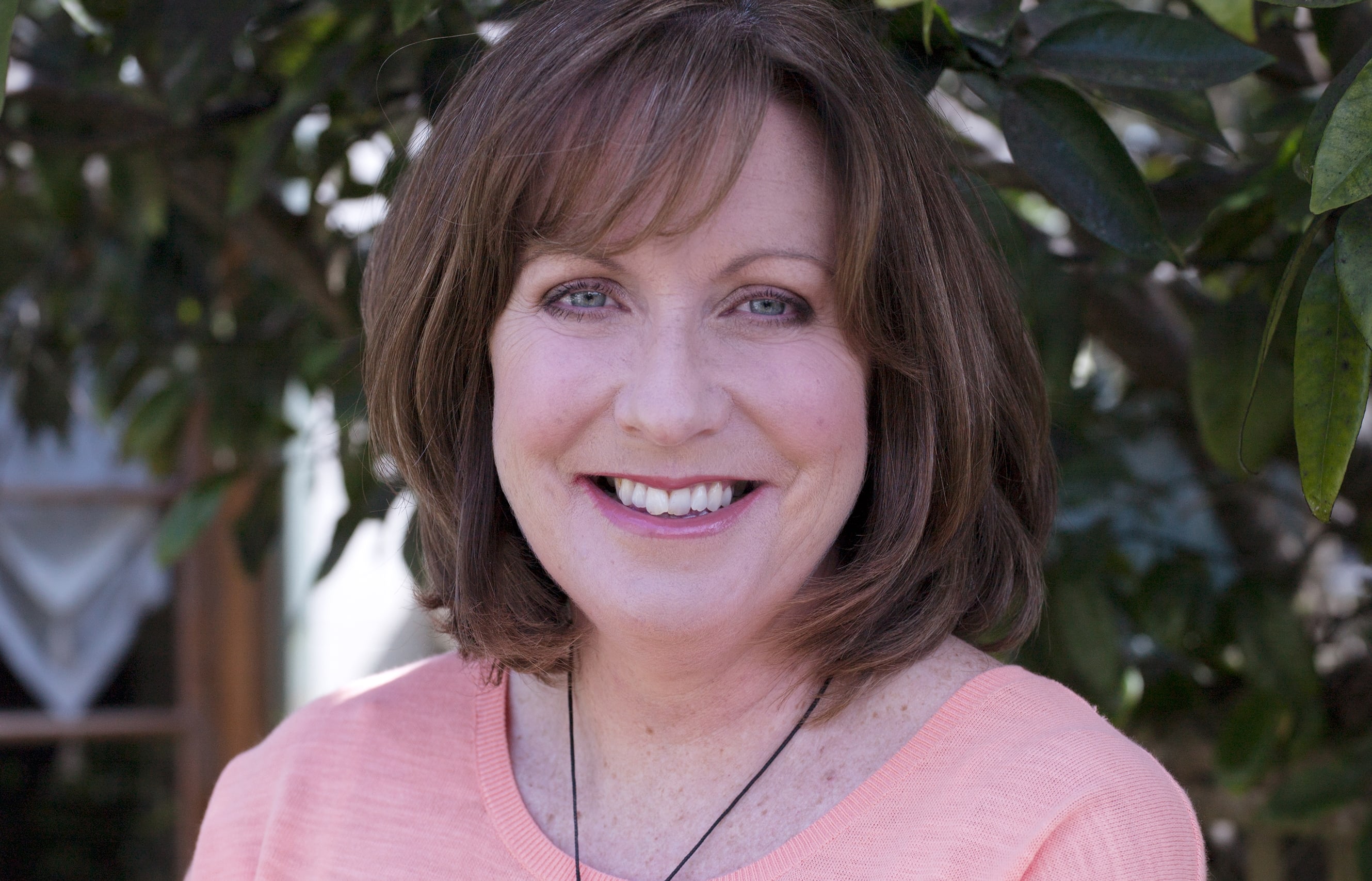
Allyson Gofton Photo: supplied
11:17 Surviving magpie dive bombing season
Don't be surprised if you witness -- or are victim to -- a magpie dive bombing someone in the coming weeks. (Thanks, Australia.) It's nesting season and the time-honoured tradition of magpies swooping down on unsuspecting human targets, particularly those riding bikes, has us ducking for cover once again.
But what can be done to lessen the chances of being set upon by these intelligent black and white pests? Professor Yolanda van Heezik, a zoologist from the University of Otago, is with us to look at what makes magpies see humans as potential predators, and why there is no sure-fire way of ensuring you don't become the victim of a magpie swoop attack.
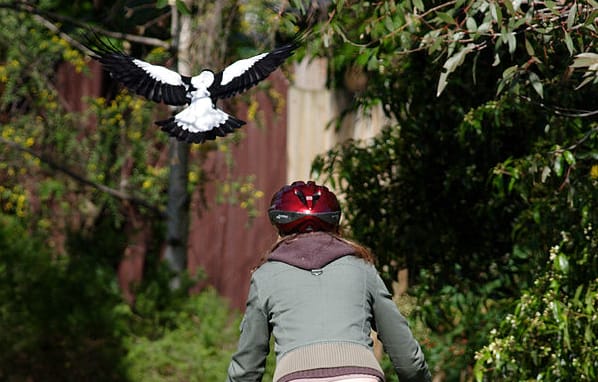
Photo: Wikicommons
11:30 The Reading Revolution taking Aotearoa by storm
There's a reading revolution happening in Aotearoa; a community initiative where people are coming together (albeit by Zoom right now) to read literature aloud and chat about whatever a story or poem evokes.
It's called Reading Revolution, and it was started in New Zealand in 2015 by former librarian Kate Middleton.
The project springs from an initiative in the UK called The Reader, which cites the benefits of shared reading for people including those with depression, dementia, addictions and pain.
Middleton started the Reading Revolution after travelling to the UK to find out how it all works. There are now 18 groups across Auckland and more scattered around the country in places like Picton, Nelson and Hokitika.
Homeless people, women in jail, teens, people with anxiety, migrants sharpening up their English, and people in palliative care have all taken part.
Kate is with us to talk about Reading Revolution, and offer her own reading -- 'The Sunflower' by Chilean poet Gabriela Mistral.
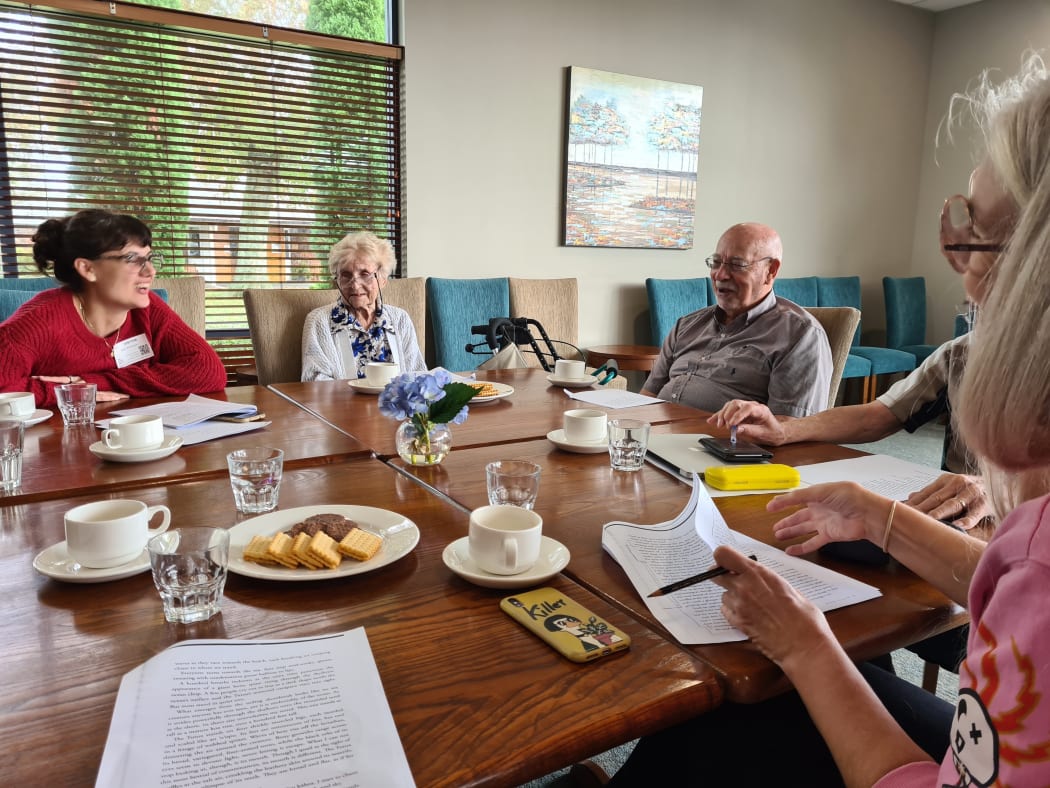
The Reading Revolution taking place at Selwyn Village in Auckland. Photo: Supplied
11:45 What I'm Listening To: Dr Laura Jean McKay
Dr Laura Jean McKay from Massey University's College of Humanities and Social Sciences, has just won one of the world's most prestigious science fiction writing awards, the Arthur C. Clarke Award, for her novel The Animals in That Country.
This is the first time a book by an Aotearoa-based author has won the award.
Dr McKay is also the first person to join us in a new Sunday Morning segment, 'What I'm Listening To.' She discusses winning the award and the special meaning behind her song choice -- Brea Acton's 'Storm Sleep.'
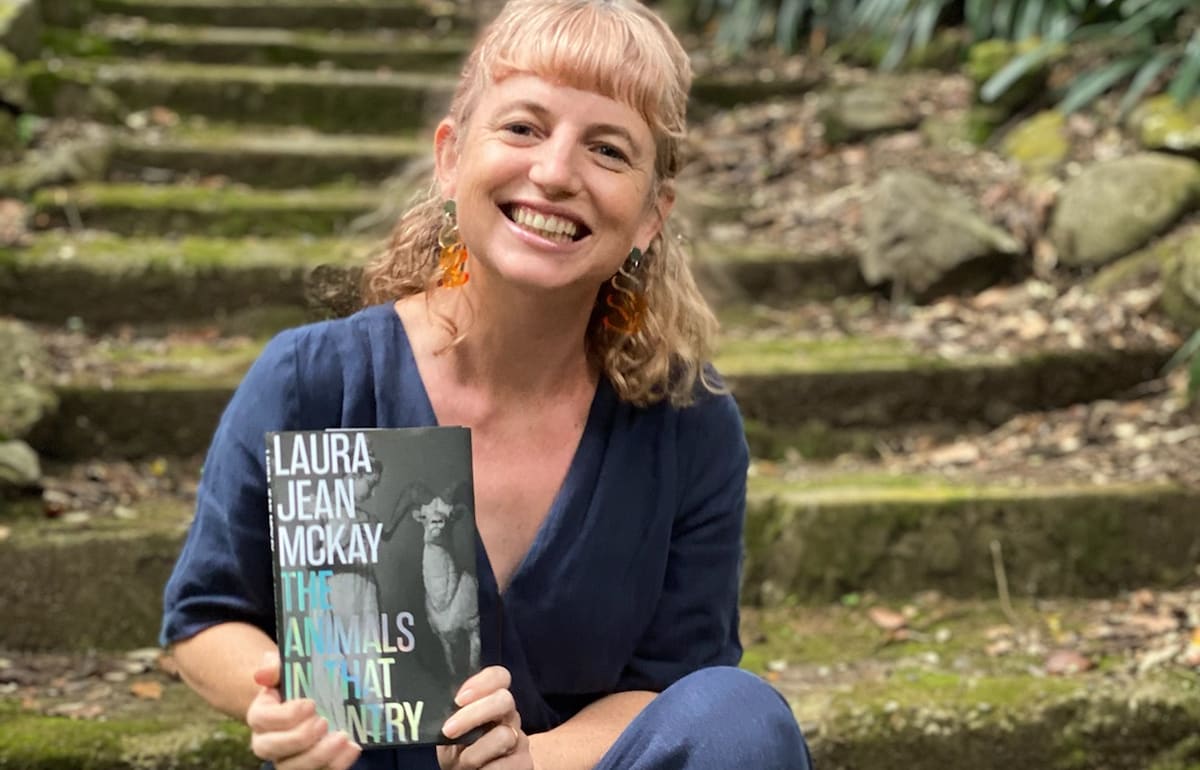
Laura Jean McKay Photo: supplied / Kyra Clarke
